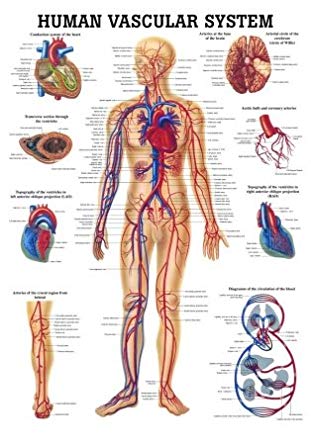
noun Botany.
- plant tissue consisting of ducts or vessels, that, in the higher plants, forms the system (vascular system) by which sap is conveyed through the plant.
noun
- tissue of higher plants consisting mainly of xylem and phloem and occurring as a continuous system throughout the plant: it conducts water, mineral salts, and synthesized food substances and provides mechanical supportAlso called: conducting tissue
n.
- circulatory system
- The tissue in vascular plants that circulates fluid and nutrients. There are two kinds of vascular tissue: xylem, which conducts water and nutrients up from the roots, and phloem, which distributes food from the leaves to other parts of the plant. Vascular tissue can be primary (growing from the apical meristem and elongating the plant body) or secondary (growing from the cambium and increasing stem girth). Seedless plants, and nearly all monocotyledons and herbaceous eudicotyledons, have only primary vascular tissue. The evolution of vascular tissue, especially xylem with its rigid water-conducting cells known as tracheids, provided the plant stem with greater support and allowed plants to grow upright to great heights. See also cambium ground tissue procambium. See more at phloem xylem.
 Liberal Dictionary English Dictionary
Liberal Dictionary English Dictionary